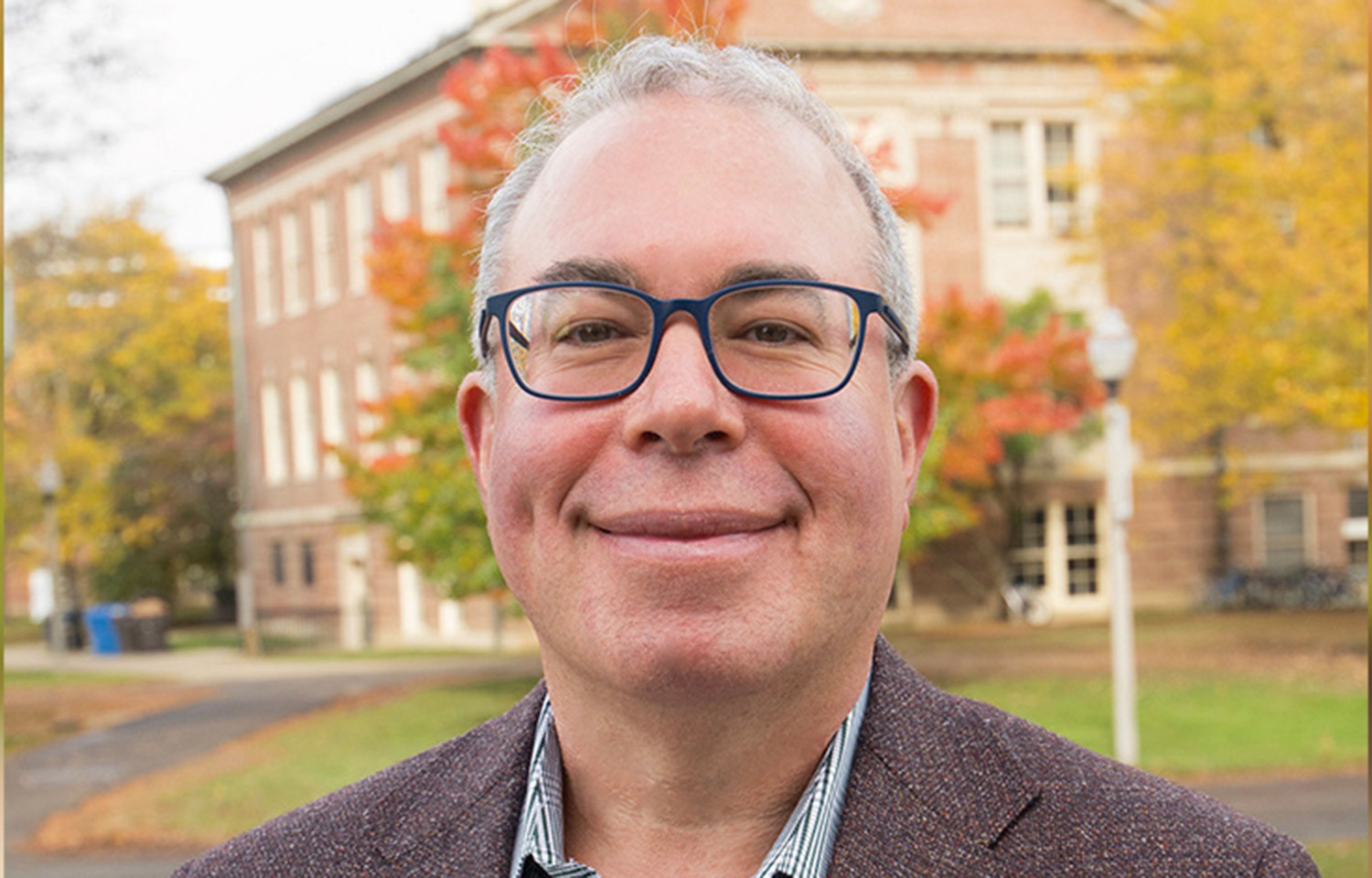A series of lawsuits related to sustainability claims and eco-labels have changed the seafood industry’s approach to marketing sustainability bona fides. Lawsuits filed against Mowi, Gorton’s, ALDI, Conagra, Bumble Bee Foods, and Red Lobster are either pending or have resulted in settlements.
The suits should be a wake-up call to the seafood industry that it needs to change its marketing practices, according to Arlin Wasserman – the founder and managing director of Changing Tastes, a seafood industry consultancy working at the intersection of sustainability, public health, information technology, demographics, and the changing role of the culinary professional. Wasserman, who was previously the vice president of sustainability at foodservice provider Sodexo, recently discussed how companies can adapt and modernize their marketing campaigns with SeafoodSource.
SeafoodSource: Even though a judgment has yet to be handed down in any of these cases, none of them have been dismissed. Do you think the judges in these cases are getting it right when they accept plaintiffs’ assertions that some eco-labels and other sustainability-focused marketing constitute false advertising?
Wasserman: The verdict is not in – to say the least. But, the recent rulings that the lawsuit against Red Lobster claiming false advertising has merit and should proceed have shifted the burden of proof to the industry. From what I see, there’s a good chance at least some of the companies defending themselves are engaging in false advertising, although they may not realize what they’re doing. That’s because the burden is on companies that advertise their products to be truthful, not misleading, and, when appropriate, backed by science. In general, many current sustainability claims don’t meet those criteria. Here’s how:
Truthful: At face value, the eco-logo implies that the standards of the certifying body are being met. If they are not fully being met, that’s misleading. The same is true if the fish or seafood being sold or consumed doesn’t meet those standards. "Mass balance” approaches where the fish labeled as eco-certified may not be the actual fish caught using these higher sustainable standards also may be viewed as less than truthful. Substitution, or “seafood fraud,” is an even more blatant example of not being truthful. The buyer simply is not getting what they paid for.
Misleading: The term "sustainable" is generally understood by consumers, along with many chefs and food industry executives, to mean free of antibiotics, humanely raised, and more. Consumer and industry surveys conducted by Changing Tastes have repeatedly found this to be the case. The industry has benefited from this misunderstanding of the definition and has done very little to educate consumers or buyers otherwise.
The term "certified" also is commonly understood to mean a product meets specific standards, not that it will at some future date or has been swapped out for one that doesn’t. Imagine buying a hybrid car for good mileage and then finding out the manufacturer intends to build that car in future years and you’re actually driving their standard, gasoline-operated model. Again, using an eco-label on a product that doesn’t meet all standards is misleading.
Backed by science: We know that each certification scheme is based on scientific standards that assess the health of fisheries. The same is true for Seafood Watch and the other aquarium ratings based on their scientific findings. That means these schemes should show that overfishing is not occurring and the negative impact on non-target species, including bycatch and the aquatic habitat, are less than in non-certified fisheries or have improved under the certification requirements. We often challenge these organizations to show how they’ve improved conditions on and under the water and sometimes don’t get a relevant answer.
For all the time and money that NGOs, governments, and the industry put into these programs, there should be regular, public reporting on how they are improving ocean health and aquatic fauna populations. With that in place, the science-based improvements would be clear.
SeafoodSource: What is your reaction to the implication from Richman Law that more sustainability labeling-related lawsuits are forthcoming?
Wasserman: It’s absolutely true. There are a lot of seafood companies that are relying on third-party certifications as the basis for claiming their products are sustainable, and many large retailers and foodservice companies do the same. Now that the first cases have been found to have merit and have not been dismissed – which took substantial time and money on behalf of the plaintiff lawyers to prove – it’s cheaper and less risky for additional lawyers and lawsuits to file. And, once there is a ruling that finds a company guilty of false advertising, every other company that relies on the same certification will be at substantial risk of being sued. That is unless the industry starts changing its practices before the ruling occurs, and that’s both advisable and far from certain.
Our industry may be “circling the wagons” or believe the ruling is unfair – which I do not – but it is now the opinion of several courts that some prominent companies have the burden of proving their practices are indeed sustainable. The first ones to face that requirement – including Nissui-owned Gorton’s and ALDI – settled and changed their advertising rather than disclose what’s really taking place.
SeafoodSource: How scared should seafood companies really be of facing a lawsuit related to their sustainability marketing?
Wasserman: Seafood companies should be very scared if they are ...
Photo courtesy of Arlin Wasserman/Changing Tastes








